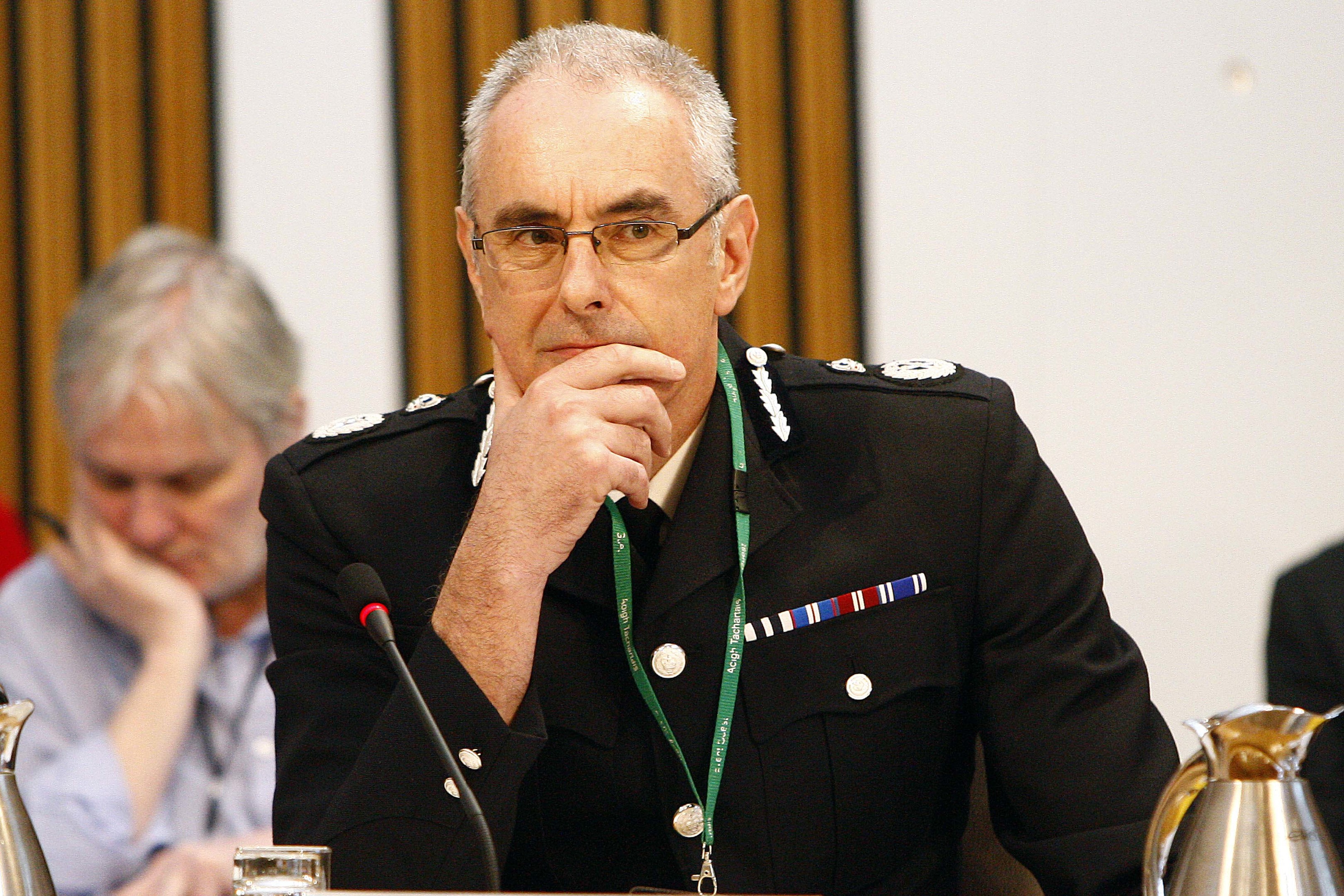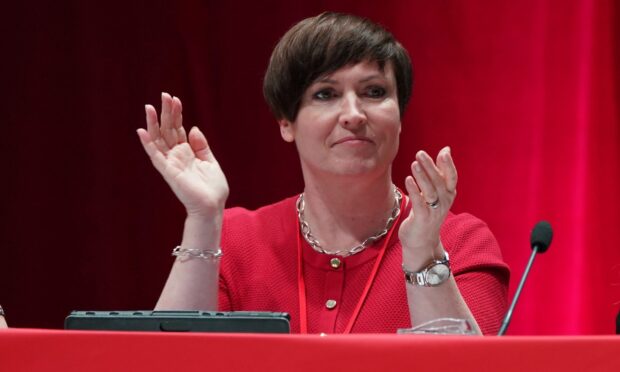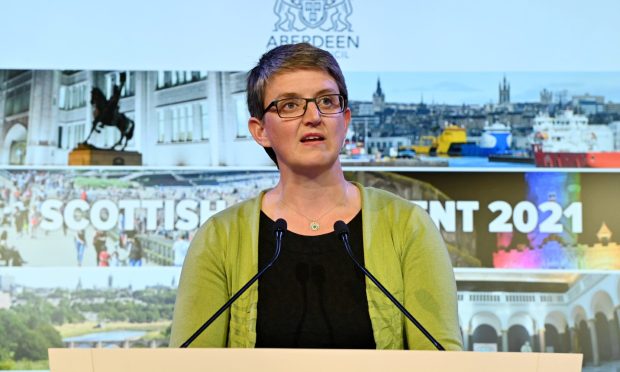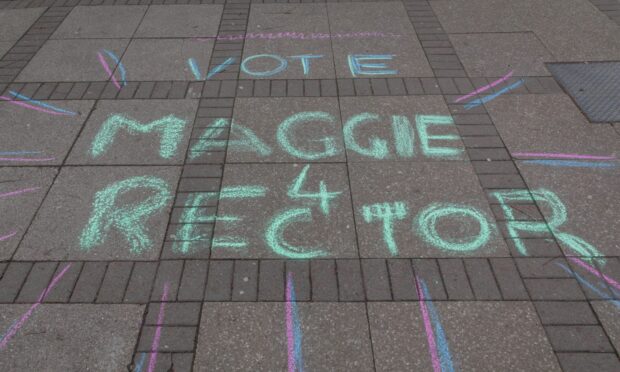The number of police officers in Scotland is to be cut by about 400 as the death knell was sounded for a flagship SNP policy.
Force chiefs admitted they will reduce Police Scotland’s wider workforce when they laid out their 10-year plan on Monday.
That includes abandoning the previous Scottish Government policy of having no fewer than 17,234 officers in Scotland, as well cuts to backroom staff no longer needed following the creation of the single police force.
But there will be about 170 new specialist roles in the civilian workforce to meet demands in areas such as cyber terrorism and crime analytics.
The workforce proposals led to a warning from a Tory MSP against the depletion of frontline policing amid a predicted £188m funding gap for the service by 2021.
The report, which was unveiled in Edinburgh, says there will be a £60m black hole in the force’s finances by the end of 2018, which can only be addressed by bringing in “an effective transformation plan”.
Phil Gormley, the chief constable, said they will always need officers, but the service needs to react to modern challenges.
“You’ve only got to look at the way the world is changing about the complex needs of vulnerable people, around drug and alcohol abuse, mental health, cyber, crime analytics,” he said.
“Those are skills that we need and are unlikely to be drawn simply from police officers.”
The reduction in officer numbers will be made by slowing recruitment between 2018 and 2020, Mr Gormley said, assuming the service is able to improve officer productivity beforehand, by “working smarter” rather thank “working harder”.
Andrew Flanagan, the Scottish Police Authority chairman, said: “We are anticipating a small reduction in police officer numbers through to 2020.
“It will be around 400, but that will come towards the end of the period.
“We expect police officer numbers to remain at their current level through the coming year and only gradually reduce thereafter.”
He added: “We will not reduce police officer numbers until we see these productivity gains coming through.”
Mr Flanagan said he expects operational policing to increase because while there will be fewer officers in total, they will return those currently performing back office roles to the frontline.
The chief constable earlier admitted that officers had been filling corporate roles, known as back-filling.
The Courier revealed last year that civilian staff numbers had plummeted by more than 350 to 5,542 full time equivalents as of March last year, compared with the previous 12 months.
SNP ministers and police chiefs have consistently sought to play down the extent of back-filling despite it being regularly highlighted, particularly around the M9 tragedy where untrained police officers were answering phones in the Bilston Glen control room.
Asked about the total workforce number, Mr Flanagan said they expect it to be “less than it is today”.
A decade ago, the SNP committed the country to having 1,000 extra police officers than the 2007 level.
However, the target was left out of its 2016 manifesto amid calls from senior police figures for more flexibility over the make-up of the workforce.
In a press briefing, Mr Gormley said reducing officer numbers allows them to “make different choices”, such as equipping them with body cameras as standard.
He said there are major operational benefits to the cameras, but added there needed to be a debate about whether they are “appropriate” for Scotland.
The top cop also said the force had been “telephony dependent” and must react to how the public want to communicate with them, such as via social media.
Scottish Conservative justice spokesman Douglas Ross warned: “It’s absolutely imperative these planned changes do not deplete the frontline of policing in Scotland.”
James Kelly, for Scottish Labour, said there must be a “balanced workforce”. “In the last few years we have seen thousands of vital support staff cut as Police Scotland tries to meet the SNP’s underfunded election promise of a thousand extra officers,” he added.
Scottish Liberal Democrat justice spokesman Liam McArthur said: “This strategy represents an opportunity for the SNP government to admit where they went wrong with centralisation and, after years of mismanagement, help get the police service back on even footing.”
Justice Secretary Michael Matheson welcomed the publication of the draft strategy, which will go out to public consultation.
“Scotland’s police service is working well, with recorded crime at its lowest level since 1974, clear-up rates at a 40-year high, while public confidence remains strong,” he said.
“But as those who prey on our communities seek to exploit new opportunities, and as the needs and vulnerabilities of our population change, so Police Scotland must embrace new approaches.”










